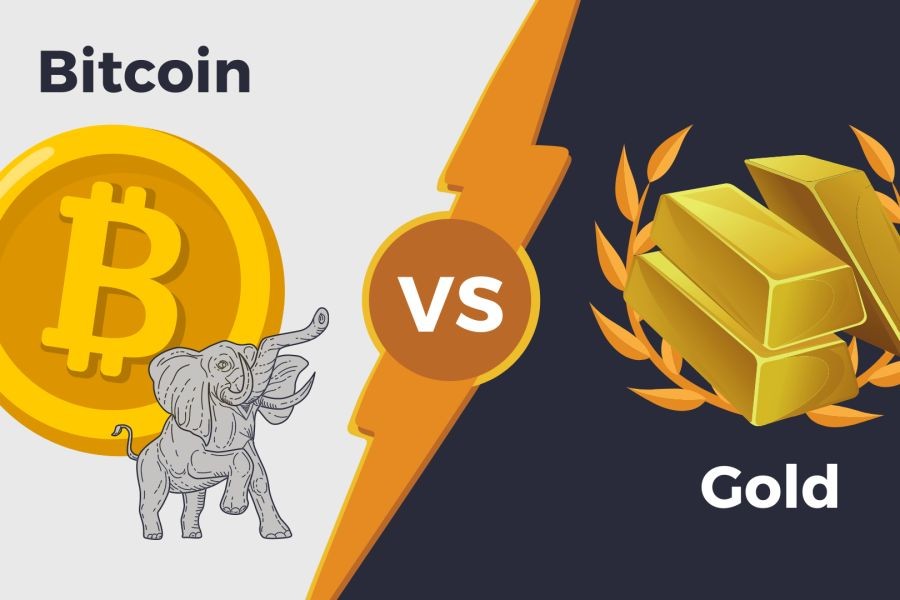In the digital age, where browsing the internet is as routine as making a morning coffee, it's startling to learn that every click, search, and scroll can be monitored by your Internet Service Provider (ISP). In Australia, this is not just a possibility but a reality shaped by a unique combination of technological capability and regulatory framework. So, how exactly can Australian ISPs track every website you visit, and what does this mean for privacy-conscious consumers and businesses?
Understanding How ISPs Track Your Activity
ISPs act as the intermediaries between your device and the internet. This pivotal role allows them to monitor and log your online activity. When you visit a website, your device sends a request through your ISP, which then connects you to the desired site. Throughout this process, the ISP can see the URLs you visit, the time spent on each page, and even the data you upload or download.
Technology at Play
To track web activity, ISPs employ a variety of technologies:
- Deep Packet Inspection (DPI): DPI is a sophisticated method used to examine the data part (and possibly also the header) of packets as they pass an inspection point. This technology helps ISPs monitor the data being sent and received over their networks.
- Domain Name System (DNS) Queries: Whenever you visit a website, a DNS query is made to convert the domain name into an IP address. ISPs can log these DNS queries to track which websites you visit.
- Traffic Analysis: By examining the patterns and volumes of traffic, ISPs can infer the type of online activity you are engaging in, even if the content is encrypted.
Regulatory Environment in Australia
Australia's legal landscape allows ISPs to monitor user activity under certain conditions. The Telecommunications (Interception and Access) Act 1979 permits ISPs to retain metadata for up to two years. This metadata includes information about the times, dates, and locations of online activity, though not the content itself.
According to the Australian Competition & Consumer Commission (ACCC), these policies aim to enhance national security and prevent criminal activity. However, they also raise significant privacy concerns. The Australian Bureau of Statistics (ABS) reports that as of 2023, over 85% of Australians are concerned about their online privacy, reflecting a growing unease with digital surveillance.
Impact on Privacy and Security
The ability of ISPs to track online activity has profound implications for privacy and security. While the intent is to safeguard against threats, the potential for misuse of personal data is significant. The Reserve Bank of Australia (RBA) highlights that trust in digital services is crucial for economic growth, with secure and private internet access being a cornerstone of this trust.
Global Comparison and Australian Context
Globally, the tracking capabilities of ISPs vary significantly. In Europe, for instance, the General Data Protection Regulation (GDPR) imposes strict rules on data collection and privacy. These regulations limit the extent to which ISPs can monitor user activity without explicit consent. In contrast, Australia's framework is less restrictive, providing ISPs with broader monitoring capabilities.
However, trends suggest that Australia might soon align more closely with global standards. The Australian government is reviewing its privacy laws, with potential reforms expected to enhance consumer protection and data privacy. This shift could bring Australia in line with countries like Germany and France, where privacy regulations are more stringent.
Case Study: The Impact of ISP Tracking on Australian Businesses
Consider the case of a mid-sized Australian e-commerce company. Concerned about data privacy, the company implemented a Virtual Private Network (VPN) to secure their transactions and protect customer data from being logged by ISPs. By encrypting their internet traffic, they not only safeguarded sensitive information but also built customer trust, leading to a 15% increase in repeat purchases. This case highlights the importance of proactive privacy measures for businesses operating in a surveillance-prone environment.
Pros and Cons of ISP Tracking
Pros:
- Security: ISP tracking helps in identifying and mitigating cyber threats, contributing to national security.
- Network Management: ISPs can optimize network performance by monitoring traffic patterns.
- Law Enforcement: Tracking aids in criminal investigations by providing crucial metadata.
Cons:
- Privacy Concerns: Continuous tracking can lead to unauthorized data access and breaches.
- Trust Issues: Consumers may lose trust in digital services due to privacy violations.
- Potential for Misuse: Data collected for security purposes can be repurposed for commercial gain.
Common Myths About ISP Tracking
Many misconceptions exist around ISP tracking. Here are a few debunked:
- Myth: "Incognito mode hides all your online activity from ISPs." Reality: Incognito mode only prevents your browser from saving your history; ISPs can still see your activity.
- Myth: "Using a VPN makes you completely anonymous online." Reality: While a VPN encrypts your traffic, the VPN provider can still see your activity unless they have a no-logs policy.
- Myth: "ISPs only track activity for marketing purposes." Reality: Tracking is also used for security, compliance, and optimizing network performance.
Future Trends and Predictions
As data privacy becomes a growing concern, we can expect significant changes in how ISPs operate. The Australian government is likely to introduce stricter privacy laws, aligning with international standards. Additionally, advancements in encryption technologies and the increased use of VPNs will empower consumers to take control of their online privacy.
By 2030, we anticipate that over 60% of Australian internet users will employ some form of encryption or privacy tool, driven by heightened awareness and technological advancements. This shift will likely prompt ISPs to adopt more transparent practices and possibly reduce their tracking activities.
Conclusion
Understanding how Australian ISPs track your online activity is crucial in today's digital landscape. While these practices serve security purposes, they also pose significant privacy challenges. As consumers and businesses become more aware of these issues, the call for stricter regulations and better privacy tools will grow louder.
For now, taking proactive steps to safeguard your online privacy, such as using VPNs and encryption tools, is advisable. What are your thoughts on ISP tracking in Australia? Share your insights and strategies for maintaining digital privacy in the comments below!
Related Search Queries
- How do ISPs monitor internet activity?
- Australian data privacy laws 2025
- Best VPNs for privacy in Australia
- Impact of ISP tracking on businesses
- How to protect online privacy from ISPs































